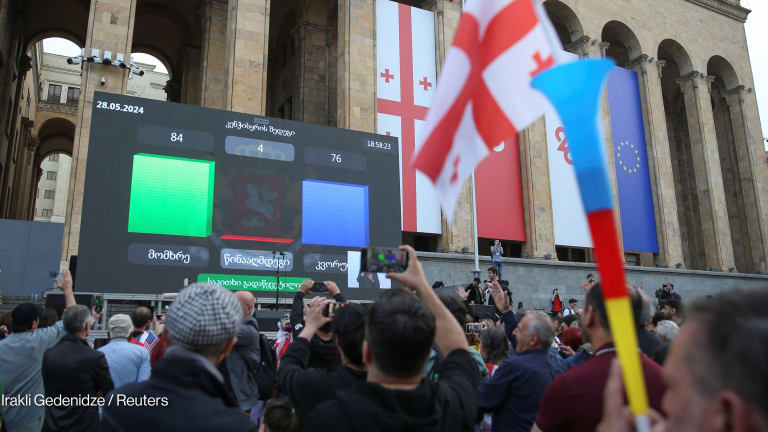For the first time since 1996, the Irish government has released a white paper on the future of its foreign policy, one that raised concerns within the country’s nongovernmental organization community, particularly about its “inconsistent approach” to human rights.
With Ireland merging its foreign affairs and trade departments in 2011, the country’s approach to development and aid is covered alongside economics, trade, influence and European relations. And while campaigners are positive about the mention of coherence in the promotion of human rights, questions remain about how human rights concerns will be integrated into other policy areas, notably trade.
As international trade agreements such as the Transatlantic Trade Investment Partnership and the EU-Colombia-Peru Free Trade Agreement are being negotiated on behalf of EU member states, campaigners are questioning how their continued calls for an emphasis on human rights are being put into practice on the ground.








